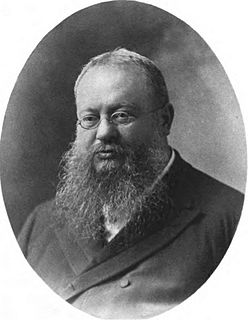A Quote by A.J. Ayer
We shall maintain that no statement which refers to a 'reality'transcending the limits of all possible sense- experience can possibly have any literal significance.
Related Quotes
In obedience to the feeling of reality, we shall insist that, in the analysis of propositions, nothing "unreal" is to be admitted. But, after all, if there is nothing unreal, how, it may be asked, could we admit anything unreal? The reply is that, in dealing with propositions, we are dealing in the first instance with symbols, and if we attribute significance to groups of symbols which have no significance, we shall fall into the error of admitting unrealities, in the only sense in which this is possible, namely, as objects described.
Magic is a set of techniques and approaches which can be used to extend the limits of Achievable Reality. Our sense of Achievable Reality is the limitations which we believe bind us into a narrow range of actions and successes - what we believe to be possible for us at any one time. In this context, the purpose of magic is to simultaneously explore those boundaries and attempt to push them back - to widen the 'sphere' of possible action.
Compulsion in the literal Sense is maliciously misrepresented, by supposing it authorizes Violences committed against the Truth. The Answer to this; by which it is prov'd, that the literal Sense does in reality authorize the stirring up Persecutions against the Cause of Truth, and that an erroneous Conscience has the same Rights as an enlighten'd Conscience.
Believers are often thought of as people who have some kind of private conviction or repudiation of something, whereas "the faithful" refers to a relationship, which was also incidentally the earlier sense of "faith" in premodern, preliberal Christianity. This is not to say, incidentally, that "faith" refers simply to external behavior as opposed to internal belief but that it refers to an act.
Whenever you find a preacher who takes the Bible allegorically and figuratively...that preacher is preaching an allegorical gospel which is no gospel. I thank God for a literal Christ, for a literal salvation. There is literal sorrow, literal death, literal Hell, and, thank God, there is a literal Heaven.
When good is near you, when you have life in yourself, it is not by any known or accustomed way; you shall not discern the foot-prints of any other; you shall not see the face of man; you shall not hear any name; the way, the thought, the good, shall be wholly strange and new. It shall exclude example and experience.






































